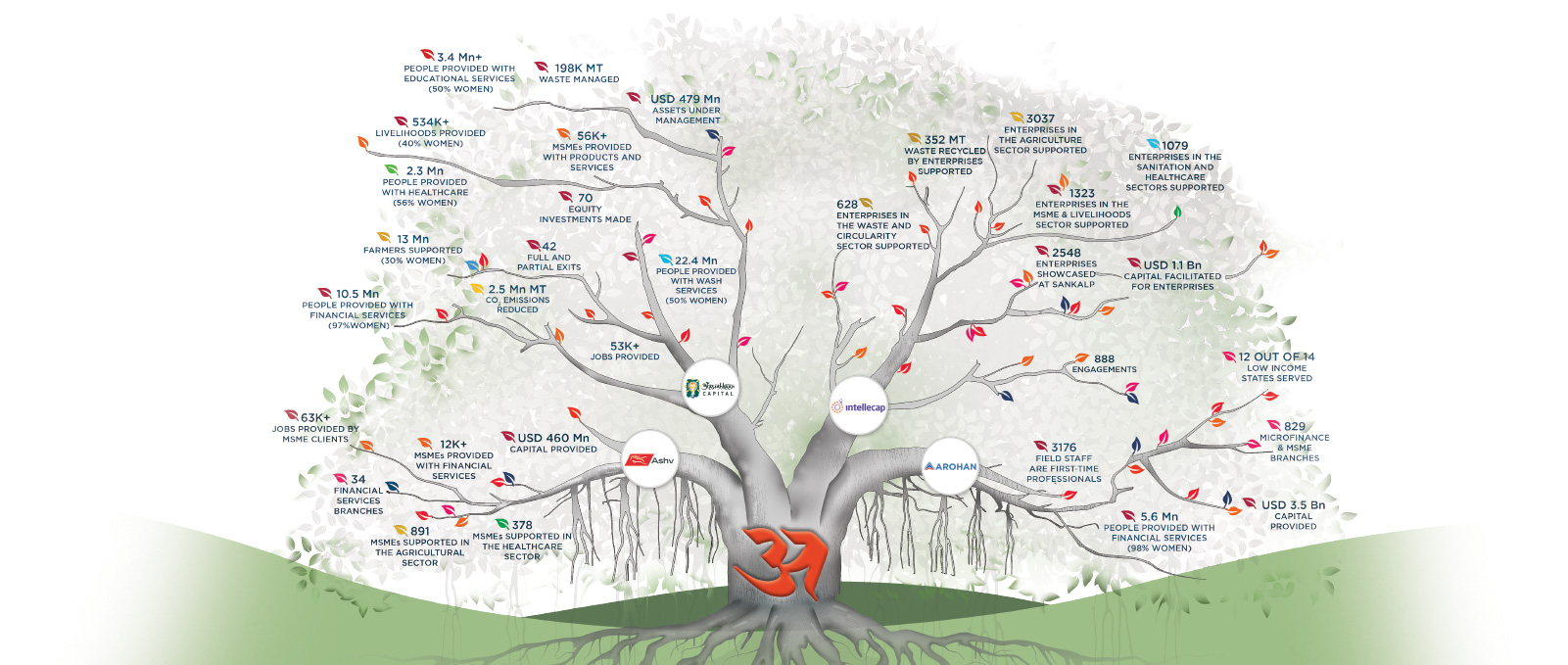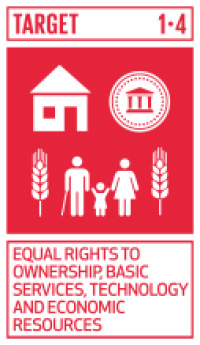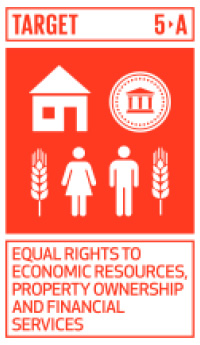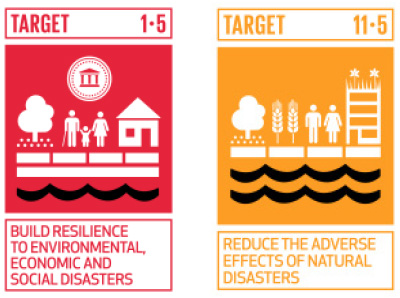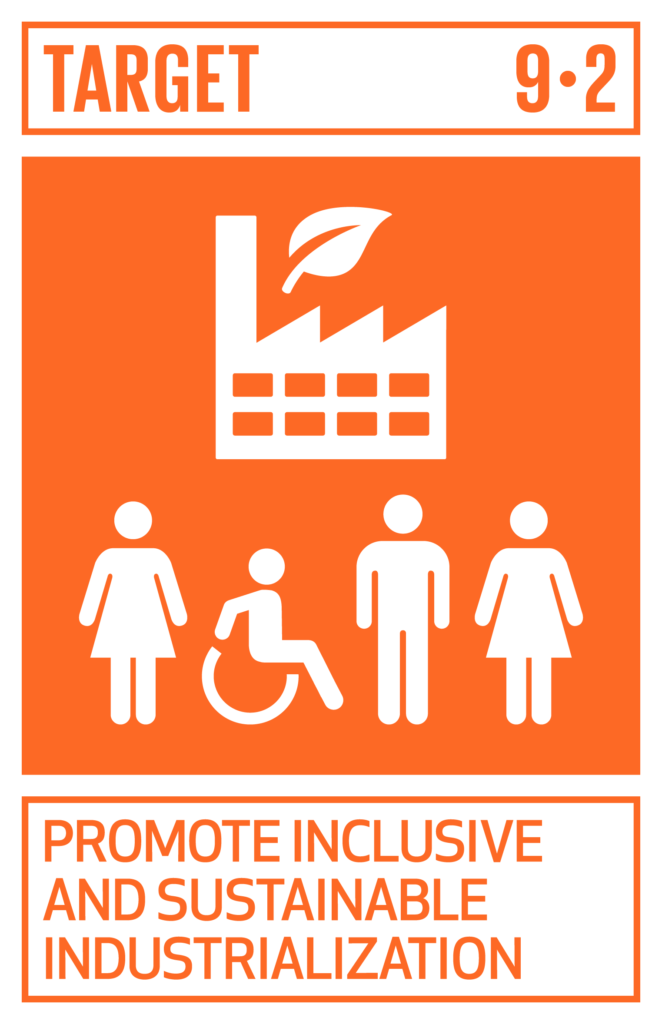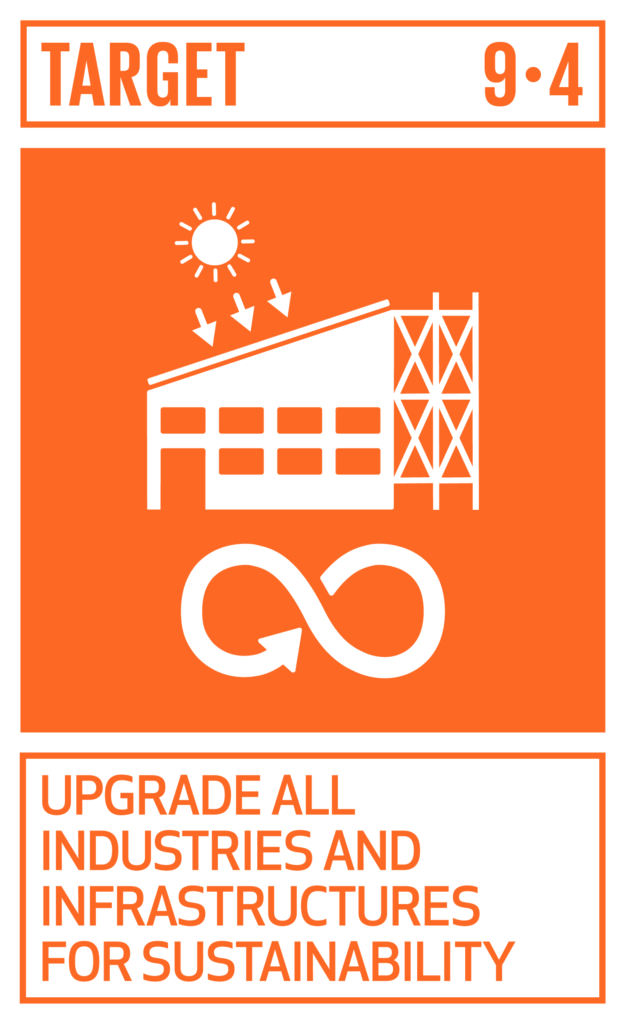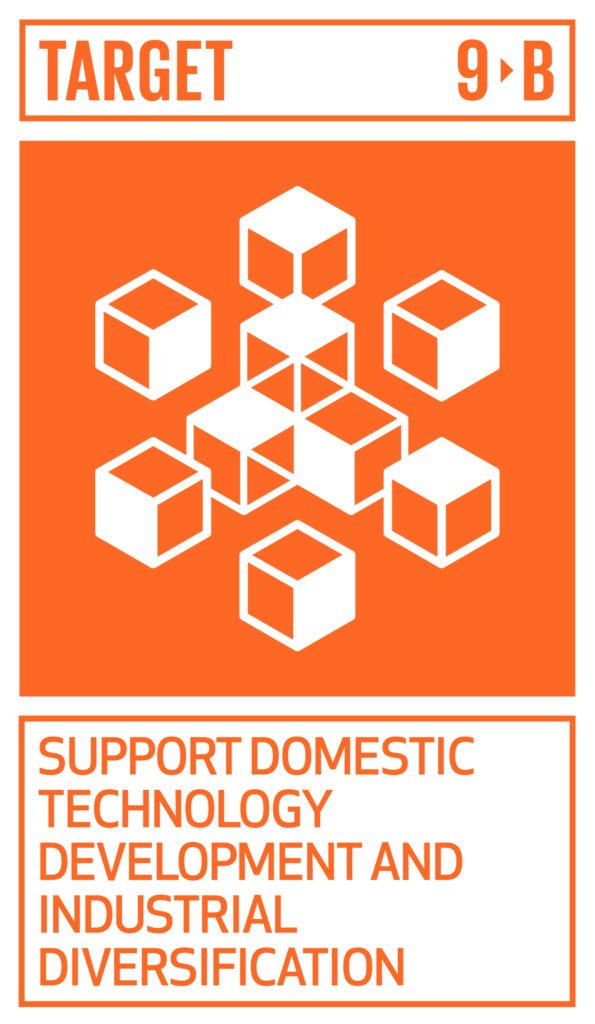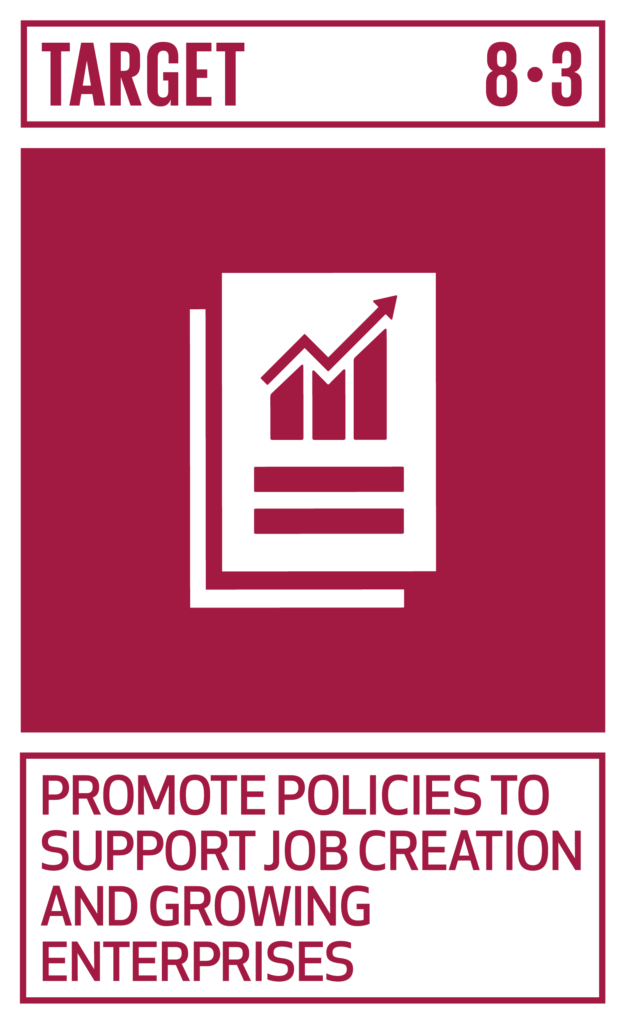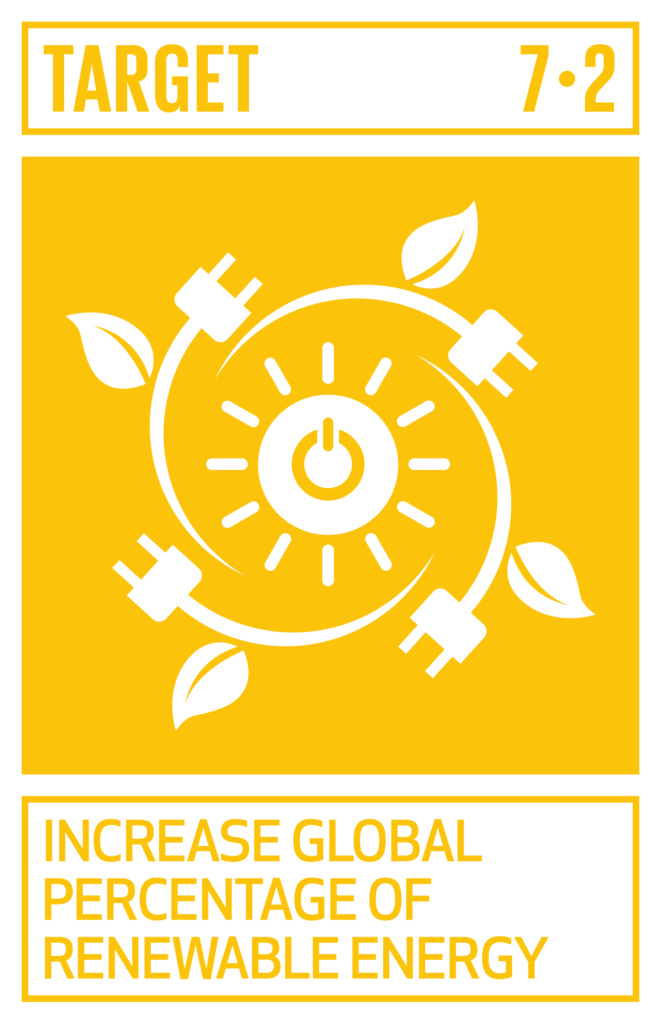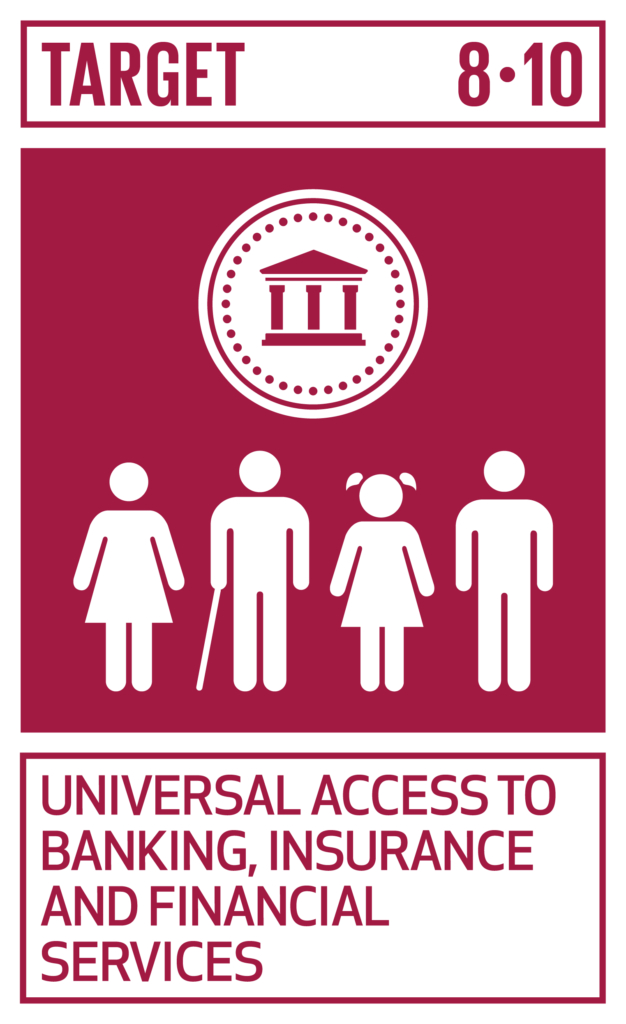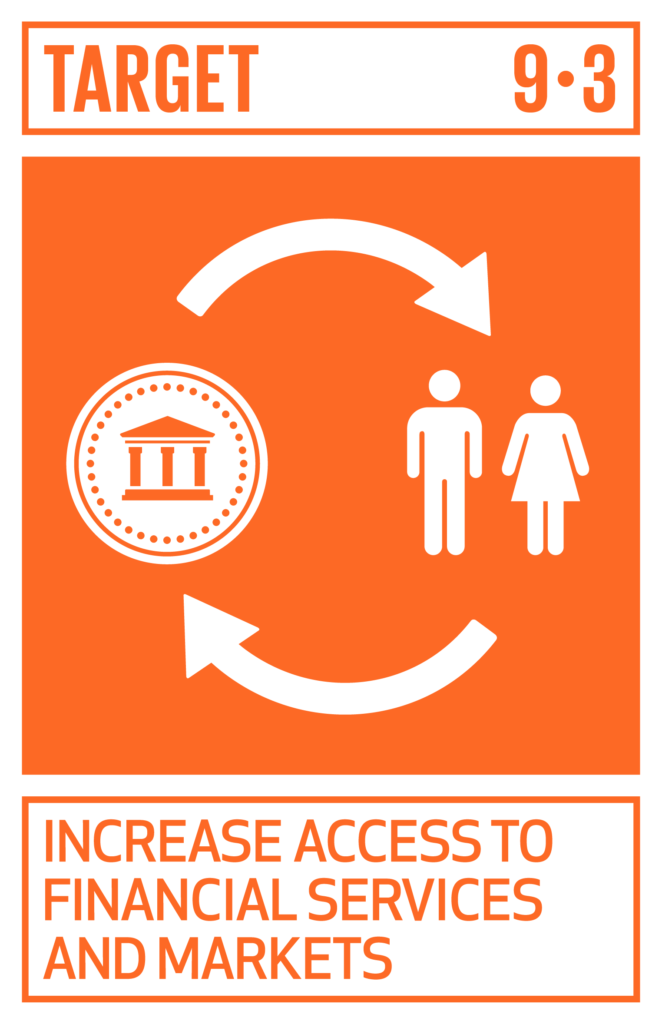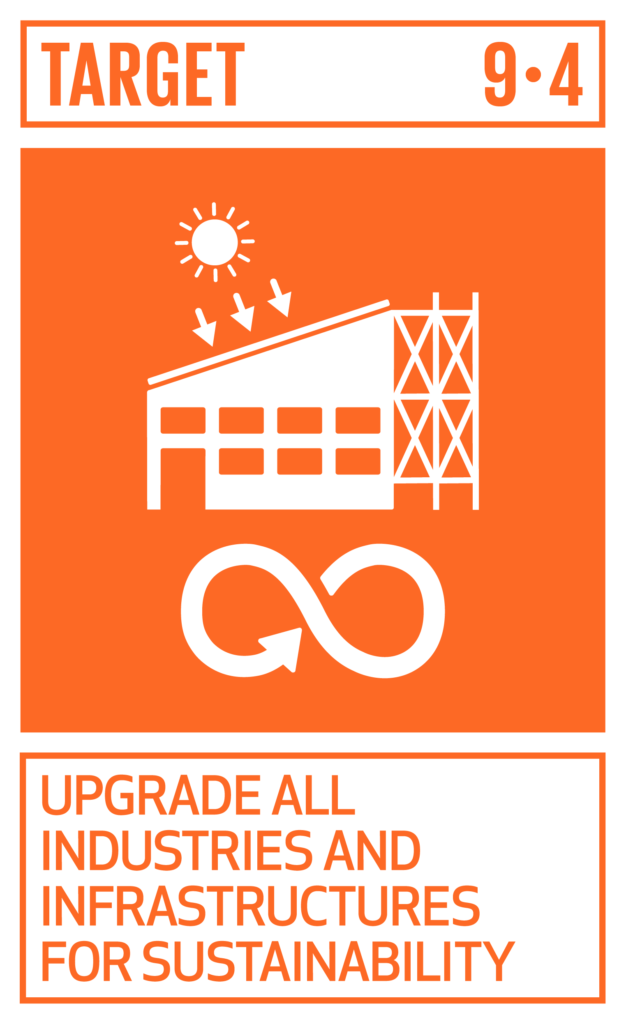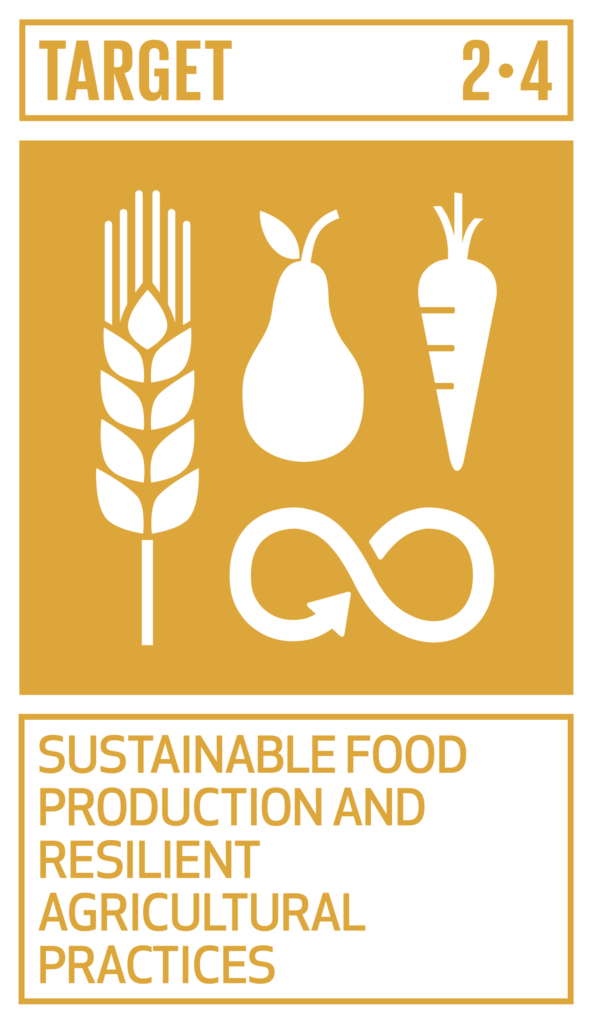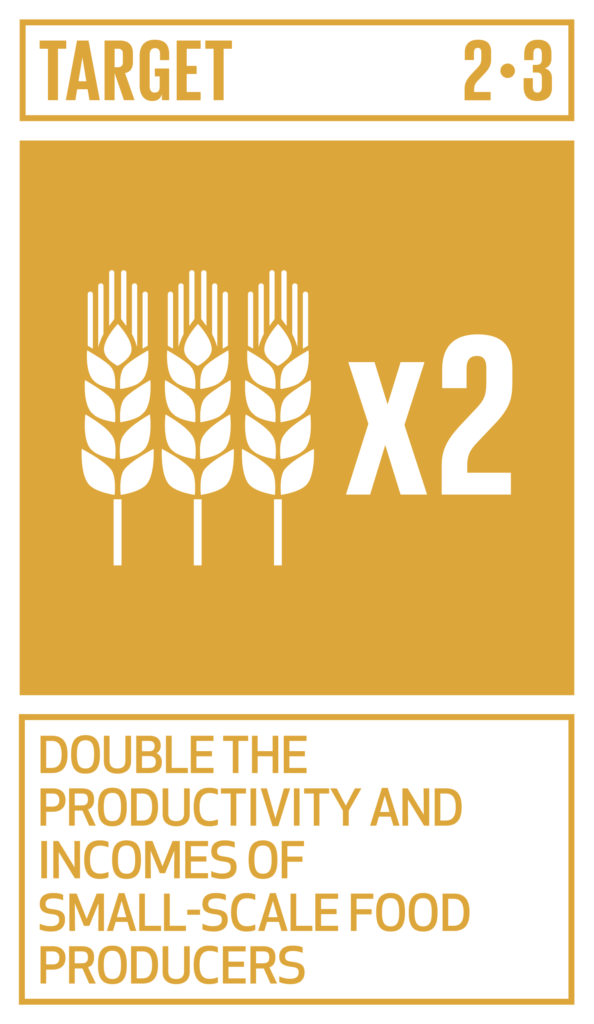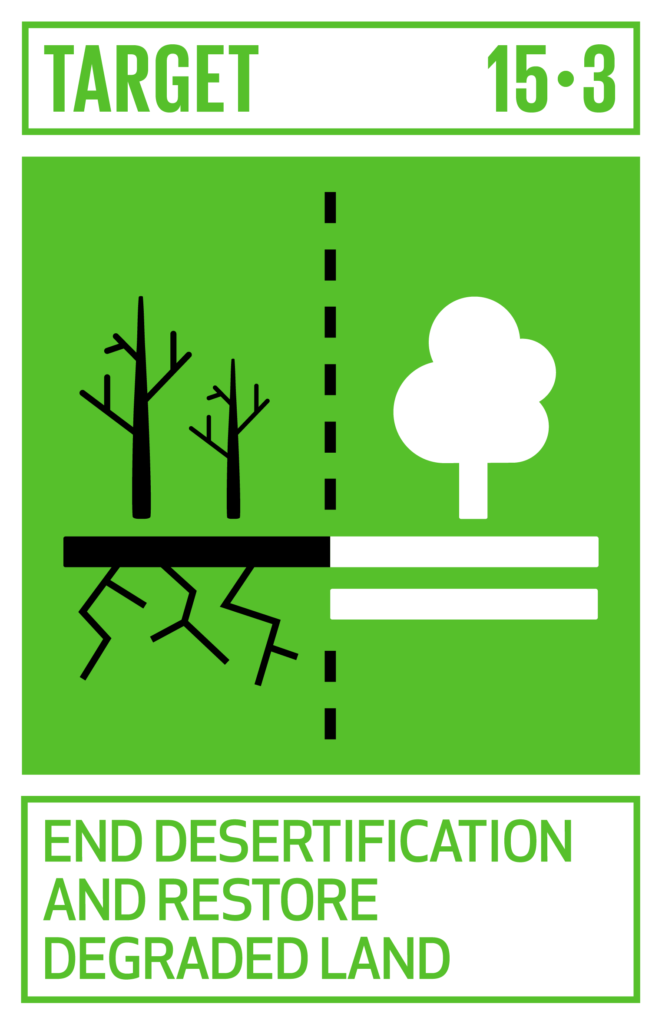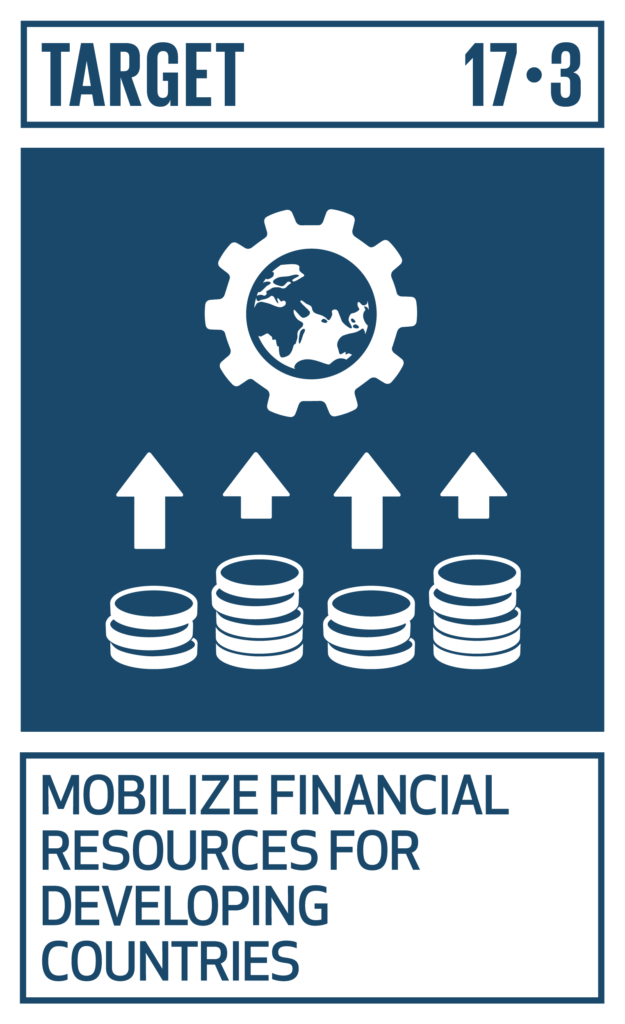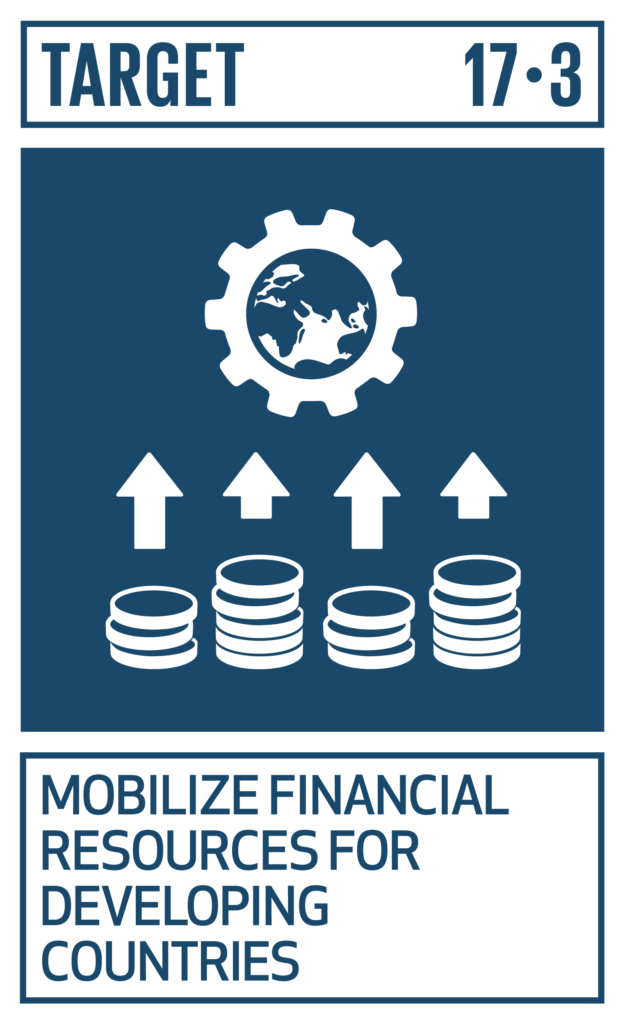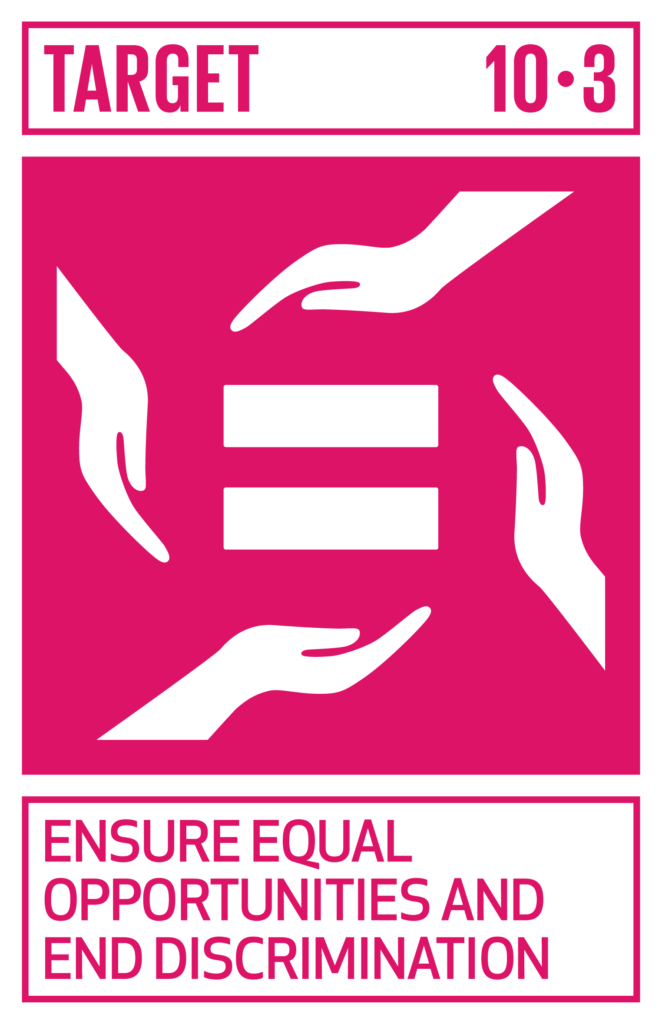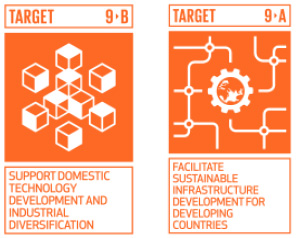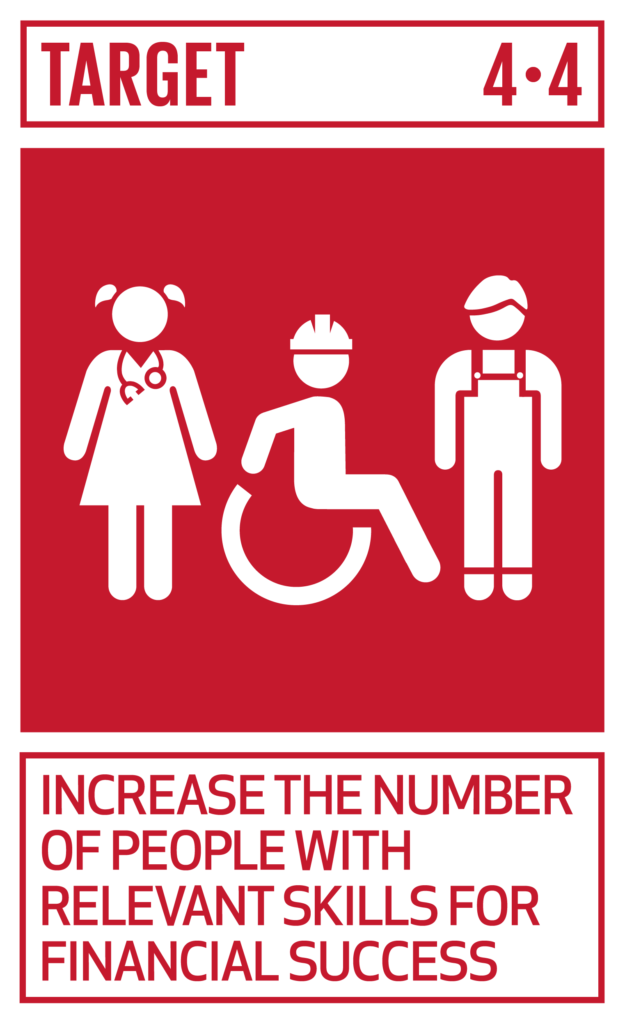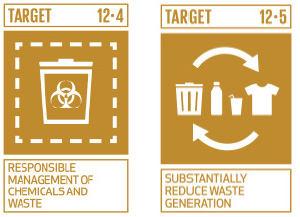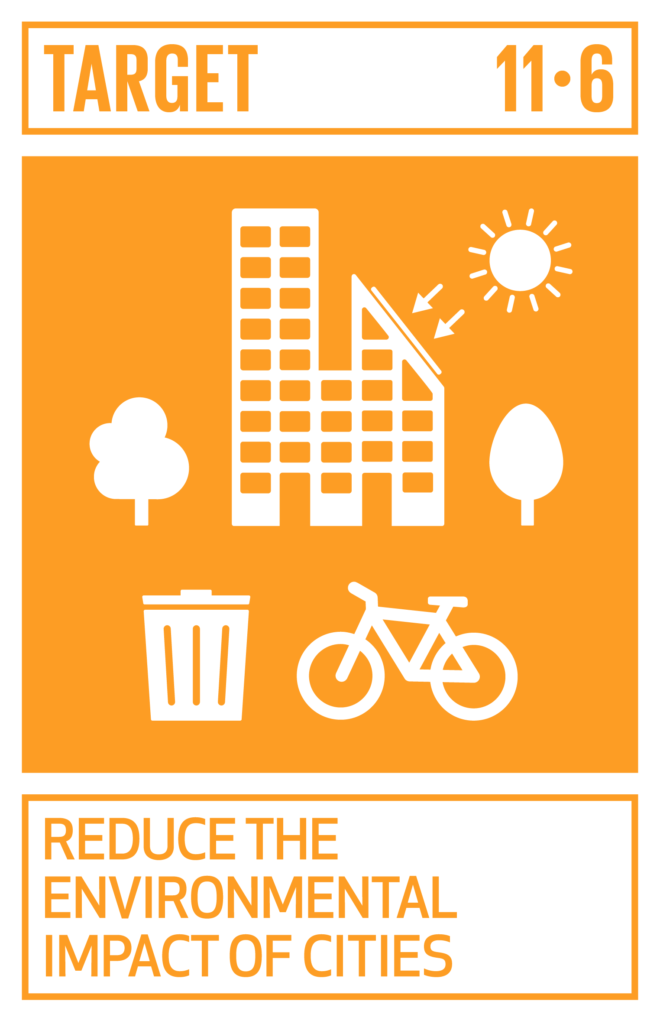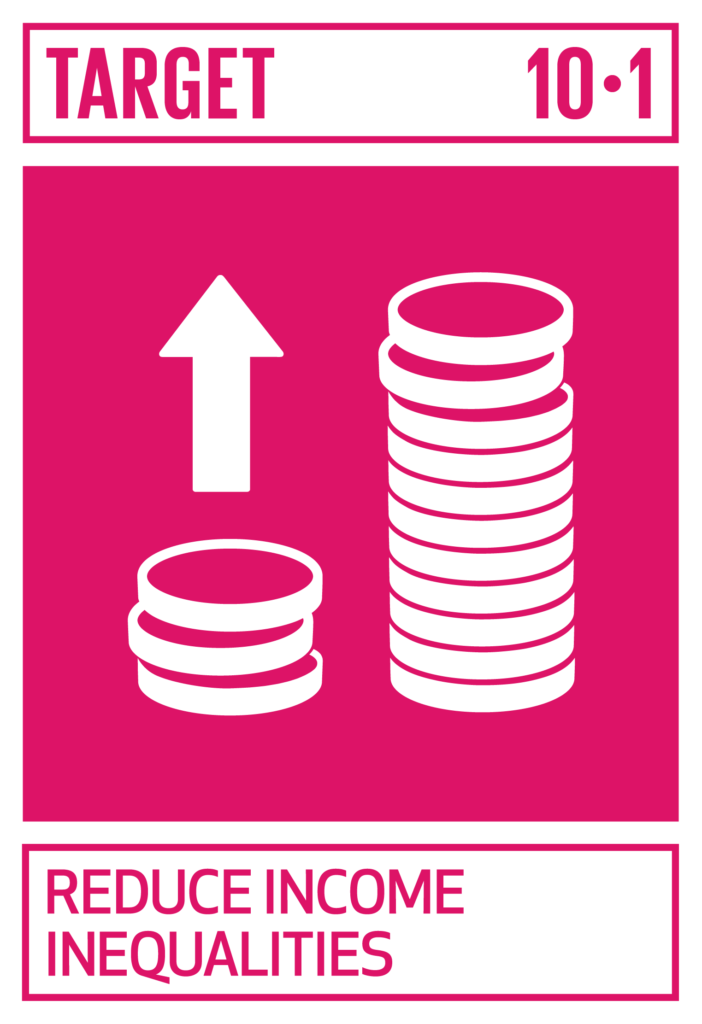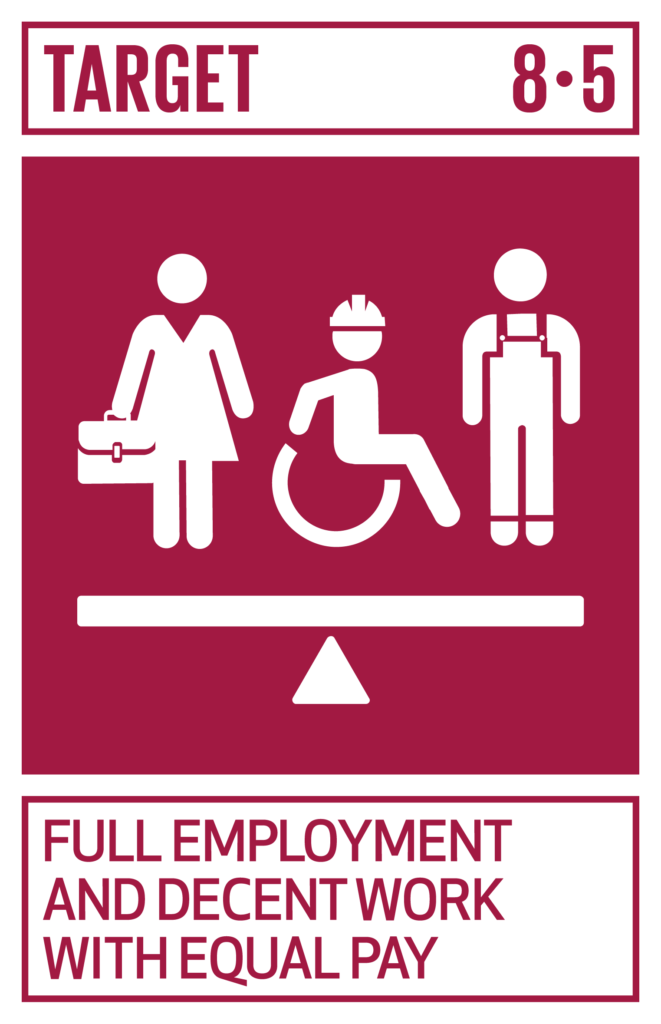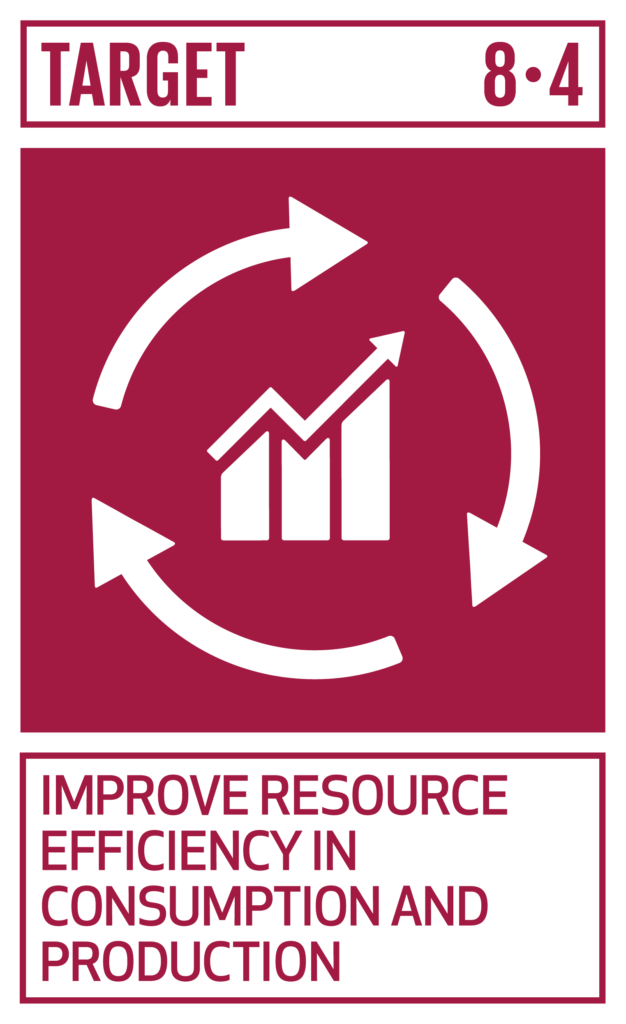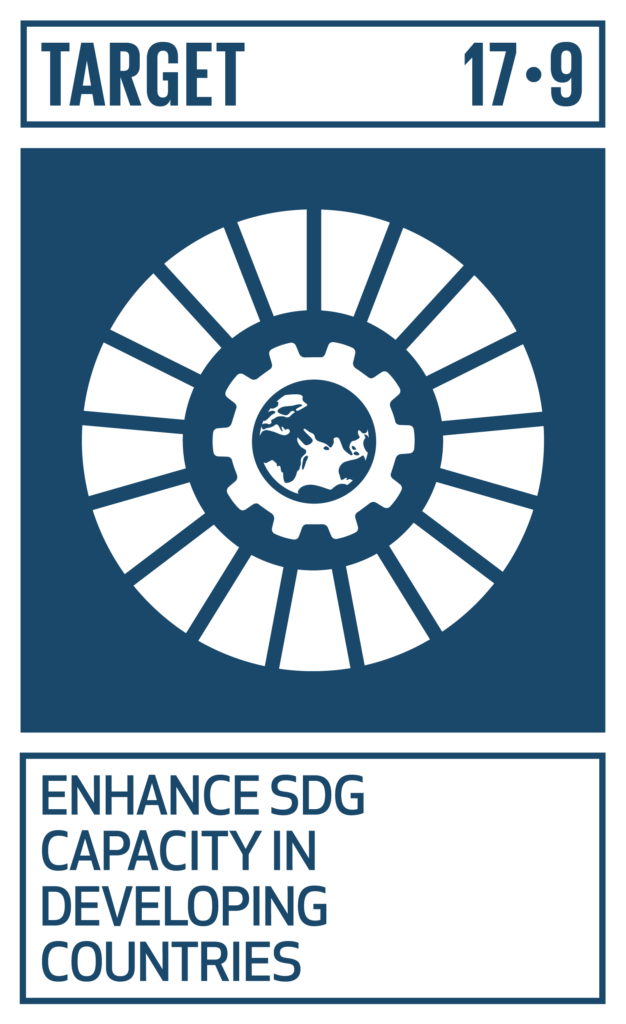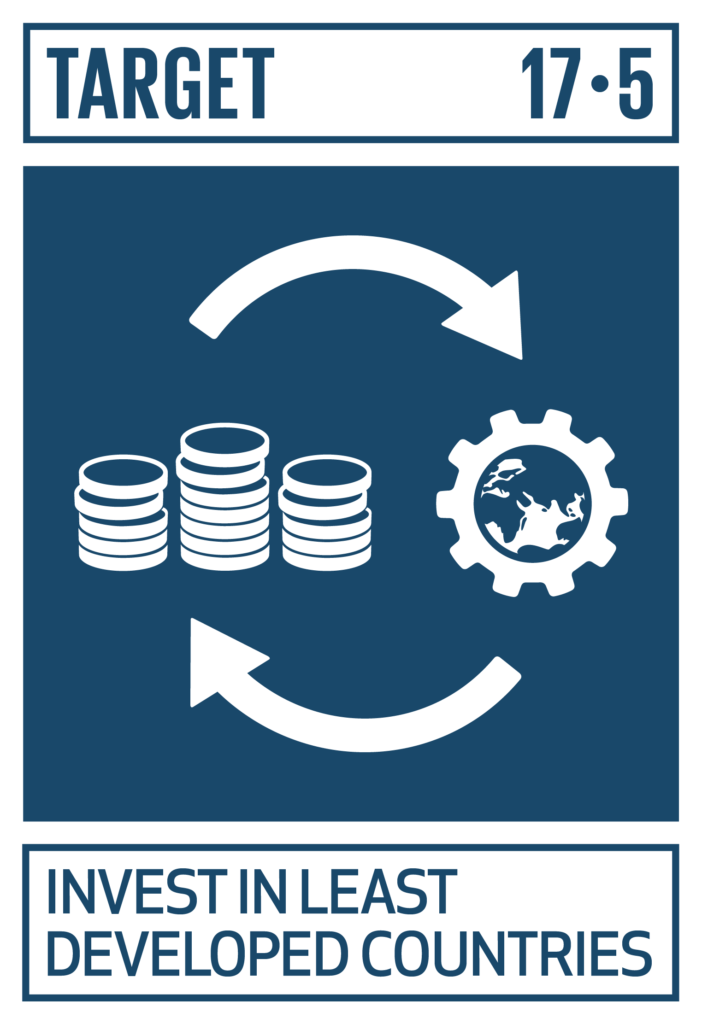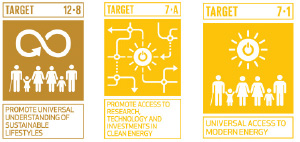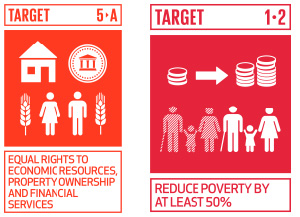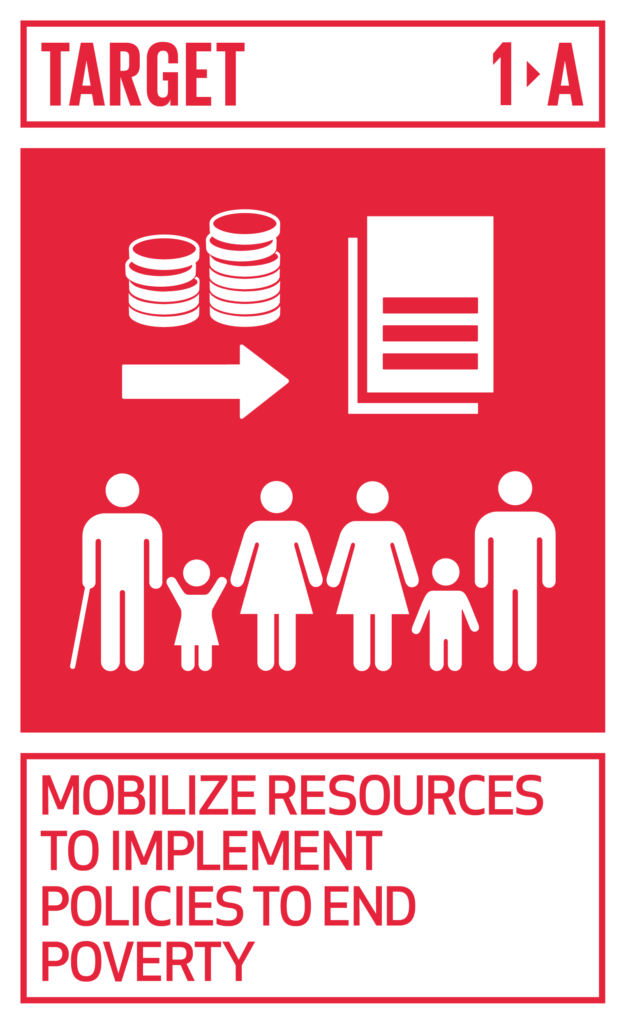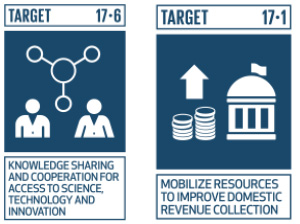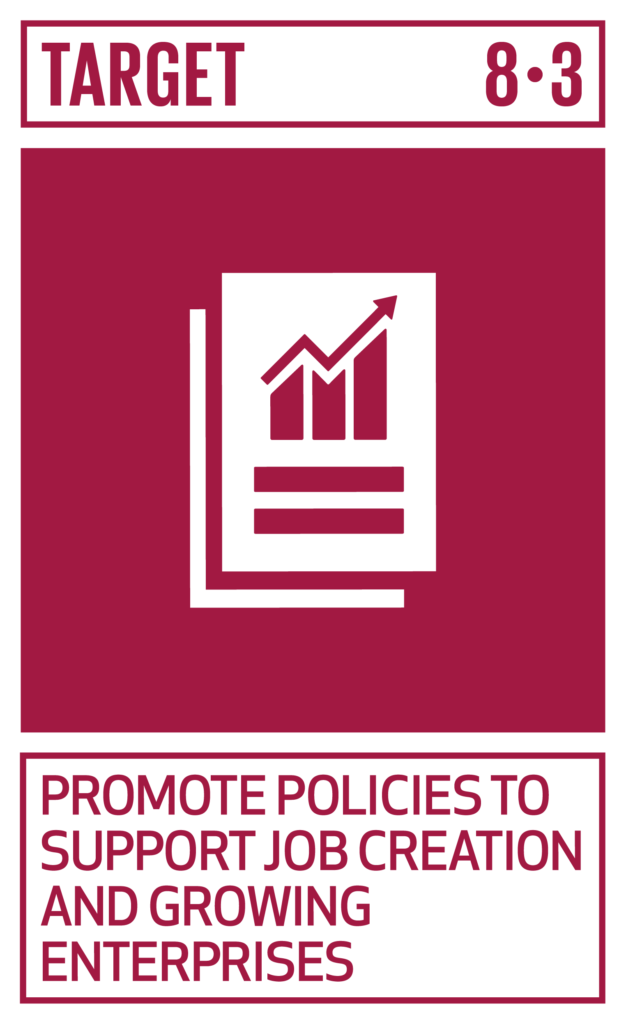THE TIME FOR
CLIMATE ACTION
IS NOW
CIRCLE OF RESILIENCE OPPORTUNITY ACTION IMPACT LIFE
CLIMATE AND COMMUNITIES
AAVISHKAAR GROUP IMPACT REPORT 2023
136 Mn+
$4.2 Bn
$1.3 Bn
Assets Under Management
14/17
SDGs that Aavishkaar Group is contributing to
Key Sections of the Report

Vikas Bali
Chief Executive Officer, Intellecap
Vasudhaiva Kutumbakam
One Family, One Earth, One Future
The Aavishkaar Group has been steadfast in its commitment to address the problems of the underserved communities, who will be affected the most by climate change, including women. Hence, our Group’s constituent arms are at the forefront of helping address the climate agenda.

Vineet Rai
Founder and Chairman,
Aavishkaar Group
Circle of Life
Community, Development, Climate
To me it appeared that while we succeeded in igniting the imagination of the capitalist world around impact investing, the real challenge lay with climate change. As I shared my learnings, I realized I was not the only one brooding about this, and this sentiment was shared widely. One of the key outcomes of this realization was the integration of climate change in Aavishkaar Group’s impact thinking to encourage its impact investment in climate-linked recourses.
Our Impact in Numbers
$1.3 Bn
Assets under management
$460 Mn
MSME Finance Disbursed
$3.5 Bn
Microfinance Disbursed
$277 Mn
Equity Capital Disbursed
$4.2 Bn
Total Capital Disbursed
118
Countries
8,600+
Total employees
15%
Women Employees
27%
Women in Senior Management
2,548
Enterprises showcased through Sankalp (Global + Africa) Connected to over
1,089
investors
31
Sankalp Conferences (Global + Africa) world’s largest Convening on Impact Entrepreneurship
60
Enterprises disbursed Equity Capital directly
78%
Companies with operations in Low Income States in India and Frontier Countries
32%
Women-led Enterprises
3.37x
Per $1 invested, Enterprises raised
12,600+
MSME clients served directly
34%
Women-led MSME clients
7,400+
Women-led MSMEs and self help groups supported with capital & capacity building initiatives by the Group
$5.6 Mn
Enterprises facilitated with Capital worth
$1.1 Bn
via investors
3,039
Early-stage companies incubated and supported by the Group
116K+
Jobs Created
53K+
via Investments (10% Women)
63K+
via MSME Clients
Disbursed
Presence
Building Initiatives
Impact Output
$1.3 Bn
Assets under management
$460 Mn
MSME Finance Disbursed
$3.5 Bn
Microfinance Disbursed
$277 Mn
Equity Capital Disbursed
$4.2 Bn
Total Capital Disbursed
118
Countries
8,600+
Total employees
15%
Women Employees
27%
Women in Senior Management
2,548
Enterprises showcased through Sankalp (Global + Africa) Connected to over
1,089
investors
31
Sankalp Conferences (Global + Africa) world’s largest Convening on Impact Entrepreneurship
60
Enterprises disbursed Equity Capital directly
78%
Companies with operations in Low Income States in India and Frontier Countries
32%
Women-led Enterprises
3.37x
Per $1 invested, Enterprises raised
12,600+
MSME clients served directly
34%
Women-led MSME clients
7,400+
Women-led MSMEs and self help groups supported with capital & capacity building initiatives by the Group
$5.6 Mn
Enterprises facilitated with Capital worth
$1.1 Bn
via investors
3,039
Early-stage companies incubated and supported by the Group
116K+
Jobs Created
53K+
via Investments (10% Women)
63K+
via MSME Clients

Our Storytellers
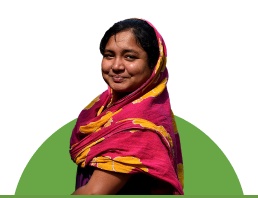
Halima Begam
WEATHERING THE STORM
INSTILLING HOPE, REBUILDING A HOME
Arohan (An Aavishkaar Group Company)

Pratik Dalmia
Executive Director, Dalmia Polypro Industries
Aditya Dalmia
Managing Director, Dalmia Polypro Industries
Altering Perceptions
Paradigm Shift to a Circular Future
Dalmia Polypro Industries

Atreya Rayaprolu
Chief Technology Officer, Ashv Finance
Building a Green Ledger
for Sustainable Businesses
Ashv Finance (An Aavishkaar Group Company)

Bharat Bhushan
Co-founder, Bharat Solar Systems
Neetu Choudhary
Co-founder, Bharat Solar Systems
Harnessing the Sun
To Illuminate Communities
Bharat Solar Systems

Sanchayan Chakraborty
Partner, Aavishkaar Capital
Sowmya Suryanarayanan
Director, Impact and ESG, Aavishkaar Capital
COMMUNITY AT THE FOREFRONT
MEASURING BEYOND EMISSIONS
Aavishkaar Capital (An Aavishkaar Group Company)
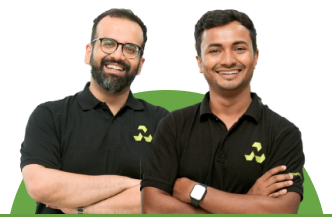
Rochan Sinha
Co-founder & CTO, Newtrace
Prasanta Sarkar
Co-founder & CEO, Newtrace
Electrolyzing the Future
Disrupting the Green Hydrogen Industry
Newtrace
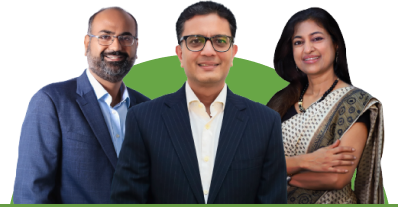
Abhishek Mittal
Partner, Aavishkaar Capital
Ashish Patel
Managing Partner, Aavishkaar Capital
Monu Jain
Partner, Aavishkaar Capital
Reimagining Credit
Promoting Sustainable Consumption
Aavishkaar Capital (An Aavishkaar Group Company)

Divya Gupta
Director, Aavishkaar Capital
Anurag Agrawal
Partner, Aavishkaar Capital
Unearthing Value From Waste
Nurturing Innovation
Nepra Resource Management and Aavishkaar Capital (An Aavishkaar Group Company)
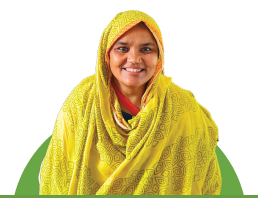
Majeda Khatun
Sewing Operator, Al-Muslim Group
Threads of Empowerment
Weaving Livelihoods for the Future
Circular Apparel Innovation Factory (CAIF), Intellecap (An Aavishkaar Group Company)

Santosh Singh
Managing Director, Intellecap
Charting Climate Action
For a Shared Future
Intellecap (An Aavishkaar Group Company)
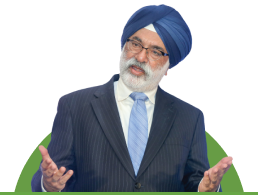
Gurjit Singh
Former Ambassdor of India to Germany
Catalyzing Youth Entrepreneurship
Fostering Social Equity
Aavishkaar Foundation (An Aavishkaar Group Company)
Aavishkaar Group is actively contributing to 14/17 SDGs
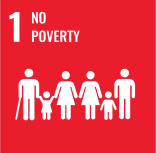
10.5 Mn People supported with Affordable Financial Services via Investments (96.7% Women)
5.6 Mn Microfinance clients served directly (98% Women)
77 Mn People provided with access to financial services (50% Women)

13Mn Farmers supported with livelihoods, products, and services via engagements and investments

2.3Mn People provided with affordable healthcare via investments (56% Women)

3.4Mn+ Students provided with affordable, quality education via investments (50% Women)

7427 Women Led MSMEs supported directly with Finance and Capacity Building Services

15.5Mn People provided with sanitation facilities via Group companies and investments; (50% Women)
6.92Mn People provided with potable drinking water via investments (50% Women)

1.1Mn People provided with solar cookstoves and solar lights via Group companies and investments (90% Women)

655K Jobs and livelihoods created at Group companies and via investments

3039 Early-stage enterprises incubated and supported
56K MSME Provided with Financial Services, Products and Services
2.6 Mn MT CO2 Emissions Reduced

4.2Bn Disbursed in Microfinance, MSME Finance, and Equity Investments to enterprises and individuals in developing countries

7185 People Provided with Financial Services to Build Houses

198K MT Waste recycled via engagements and investments

267 Artisanal fishermen provided with fair-trade market access

267 Artisanal fishermen provided with fair-trade market access

Protect, restore and promote sustainable use of terrestrial ecosystems, sustainably manage forests, combat desertification, and halt and reverse land degradation and halt biodiversity loss.

Promote peaceful and inclusive societies for sustainable development, provide access to justice for all and build effective, accountable and inclusive institutions at all levels.

31 "Sankalp Conferences (Global + Africa) - world’s largest Convening on Impact Entrepreneurship"
Building Our Impact Ecosystem
The Aavishkaar Tree
The Aavishkaar Group is diverse and the tree forms a perfect metaphor of our attributes like growth, resilience, grounded, inclusion and sustainability. The Group companies – Aavishkaar Capital, Arohan, Ashv and Intellecap, have their own distinct characteristics but are rooted in these common attributes.
While they individually address a significant part of the journey of low-middle income customers, together they form an enabling ecosystem for the emerging 3 billion. Impact is in the DNA of our Group Companies. Each leaf represents the impact we have been able to create through our journey and takes the colour of the United Nations Sustainable Development Goals (SDGs).
